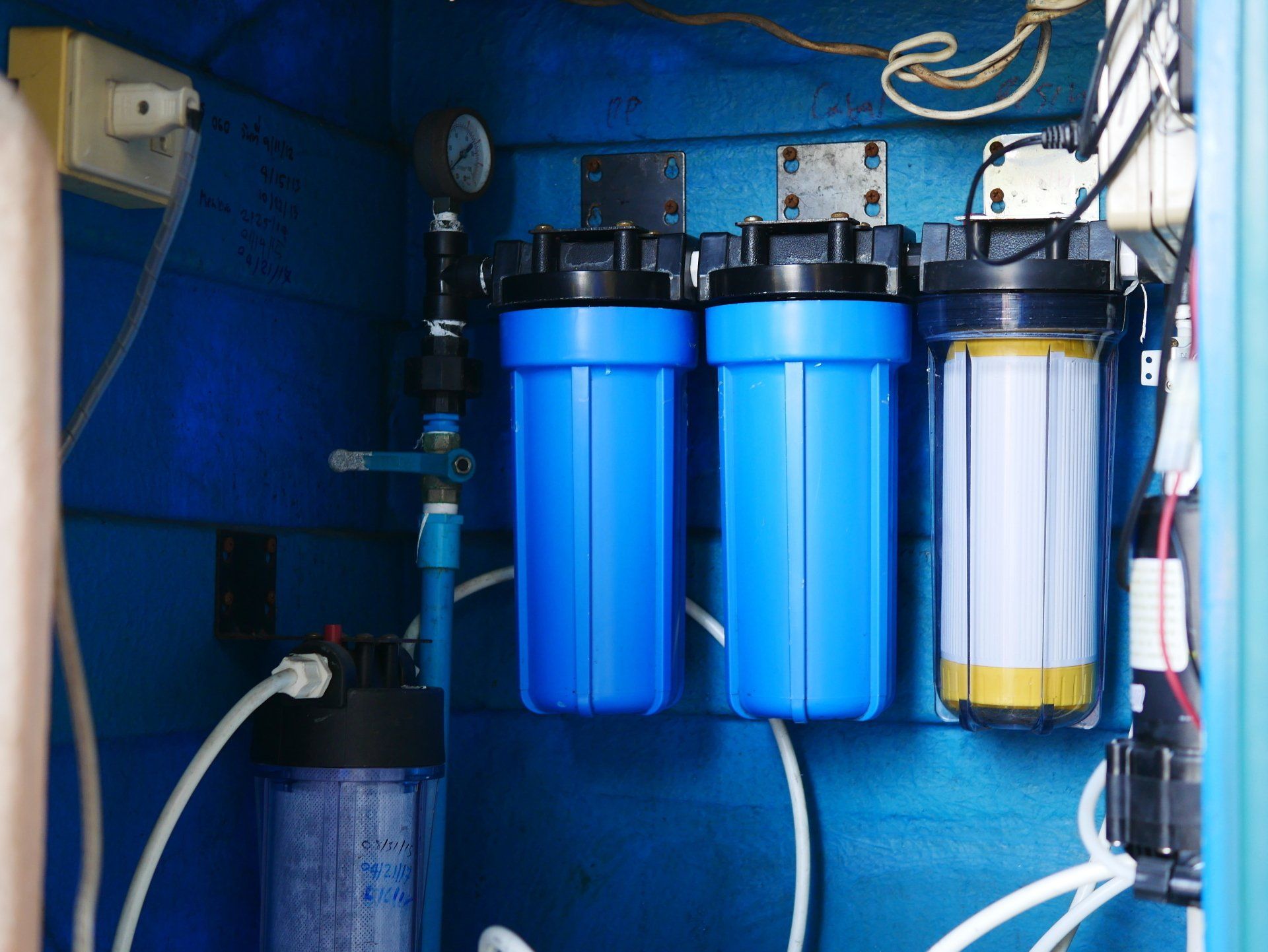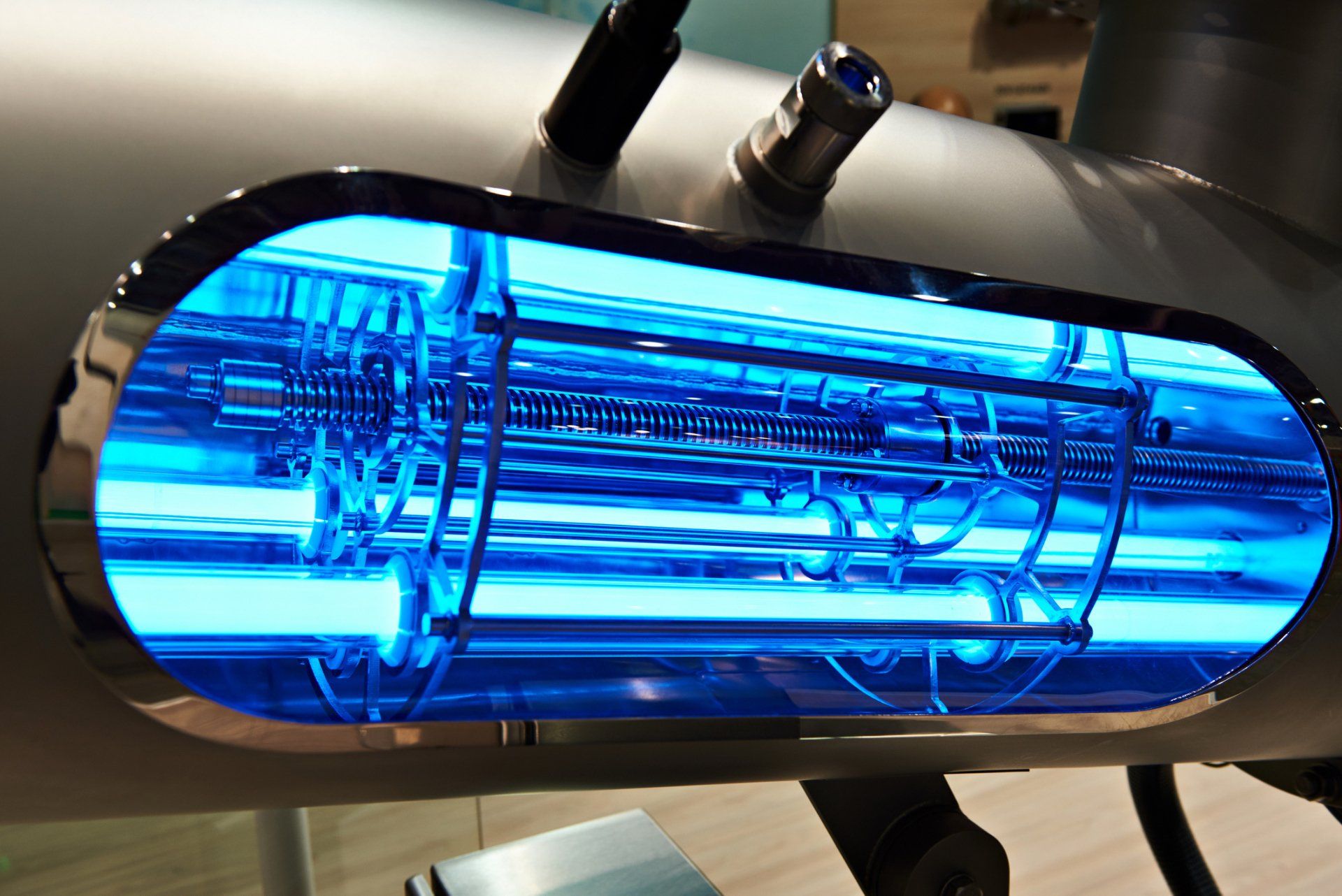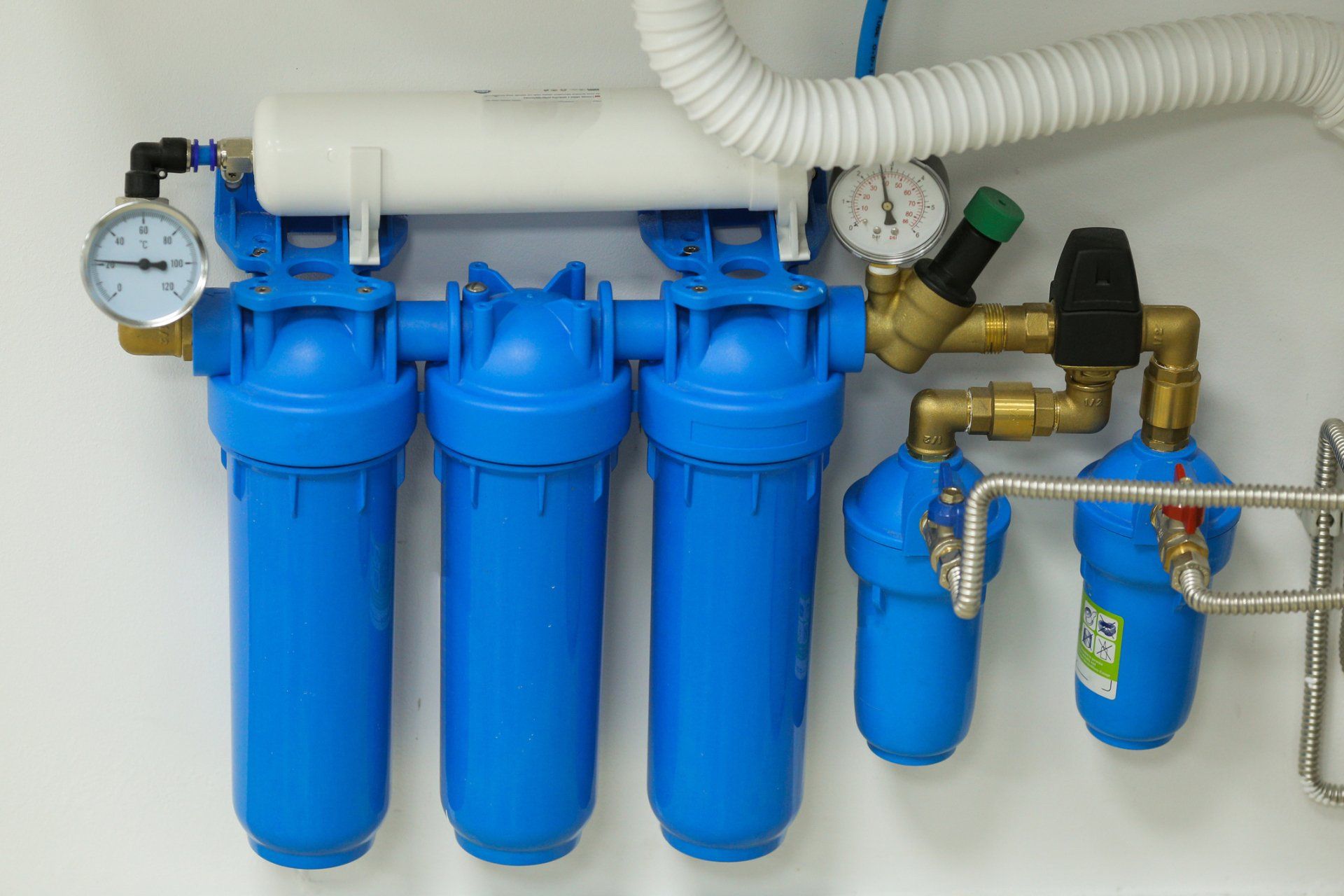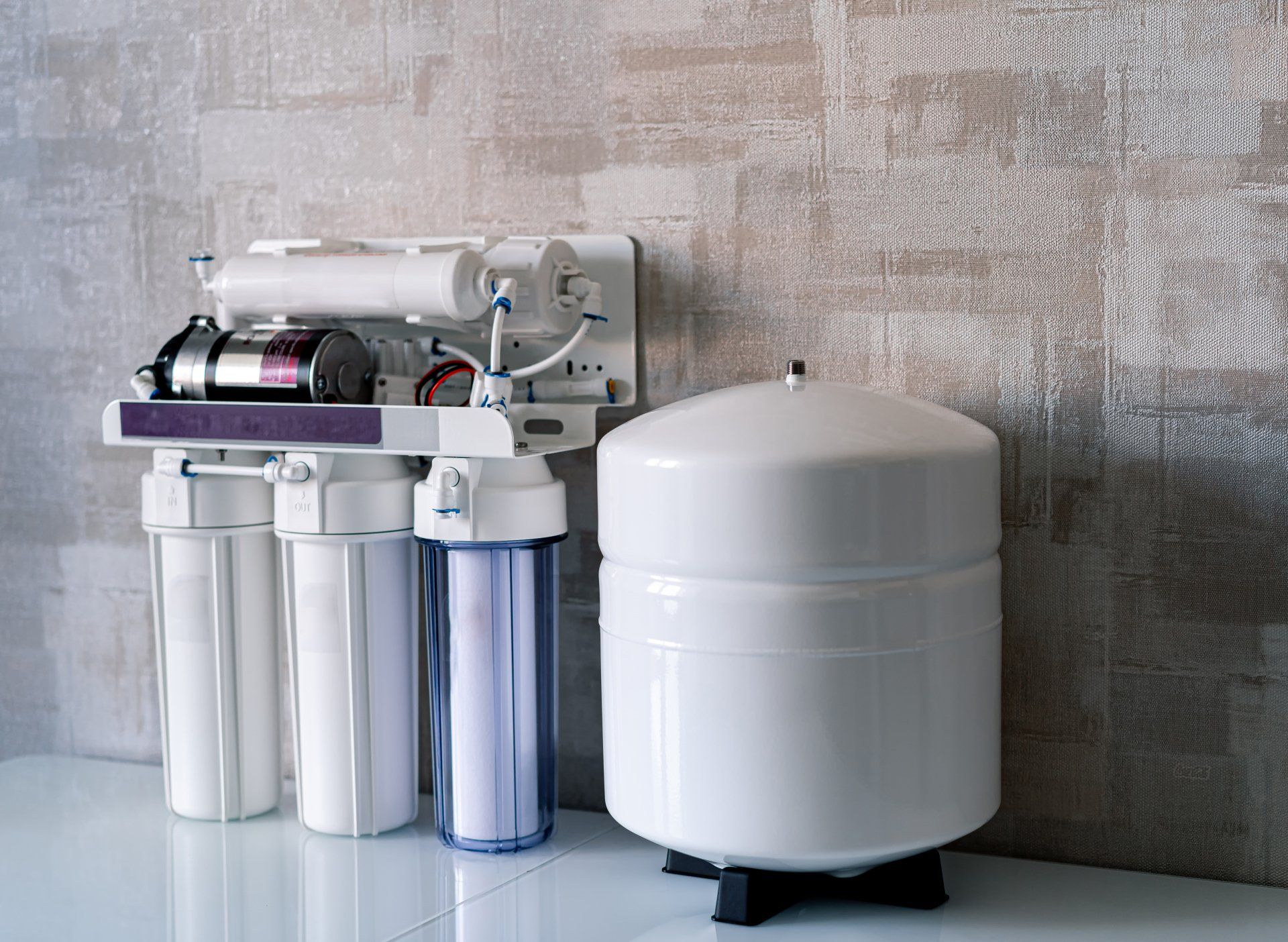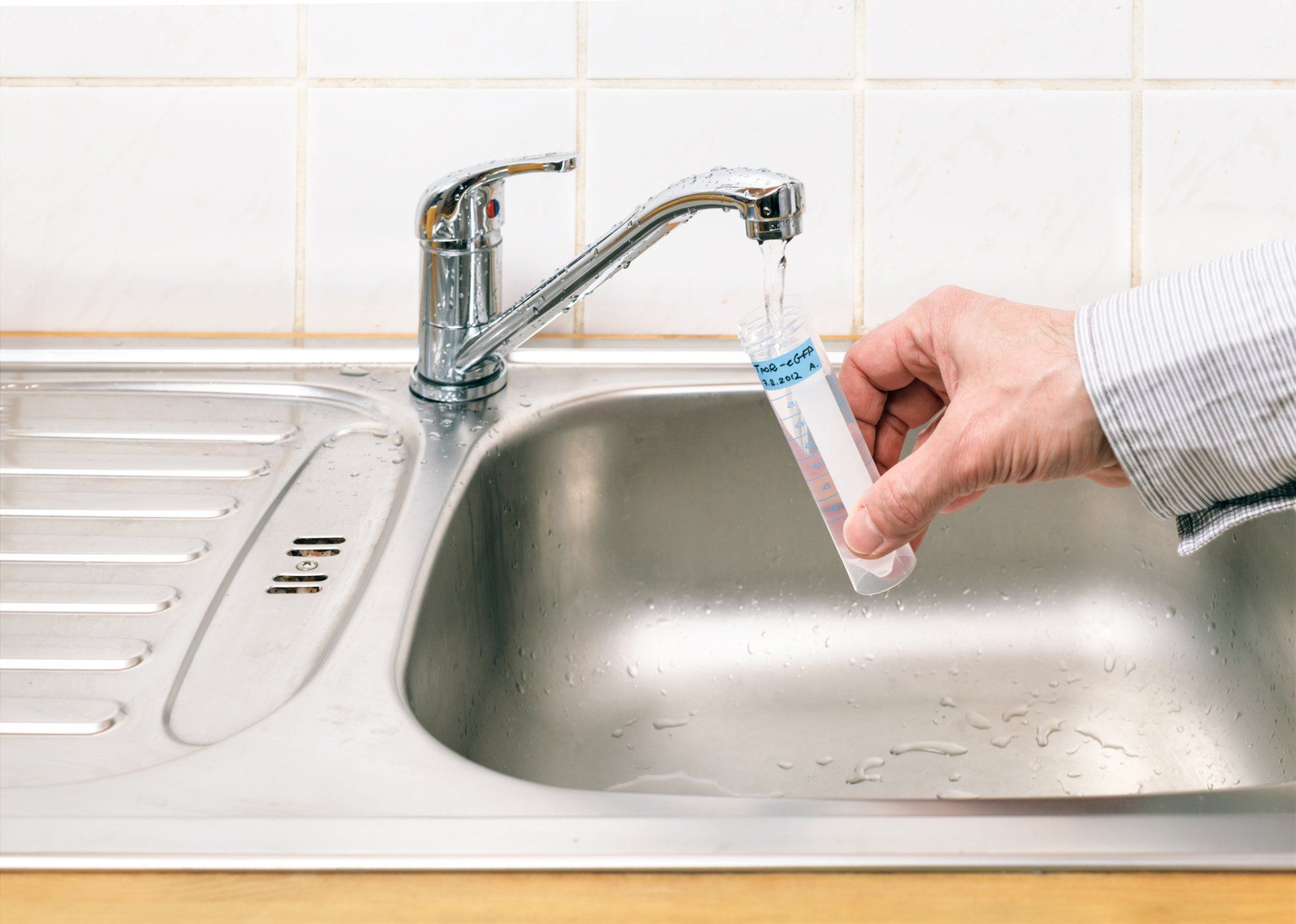Reverse Osmosis Water Systems
Reverse Osmosis
When a lot of people hear about Reverse Osmosis they think about how bottle water is made, well; they are right! In todays era you can actually make bottled water quality water, in your own home! There are many benefits to this, you will cut down on your plastic consumption and cost savings every year for a start!
Reverse Osmosis Filter Installation
Reverse Osmosis Product Specifications
Sediment Filters
Screens out sediments and particles. Various micron size filter are available
Manifold Assembly
The single manifold ensures reliability. Houses four separate filter technologies in a unique space saving design.
Carbon Filters
Reduces elements that cause water to taste and smell unpleasant, including chlorine taste and odor
Reservoir Tank
Durable, high quality, powder coated, steel tank ensures you will have a plentiful supply of refreshing water.
FAQs
-
What is reverse osmosis?
Reverse osmosis is a water purification method that uses membrane filtration technology. This works by forcing water under pressure through the small pores of a semi-permeable membrane. Typically, modern reverse osmosis units combine this membrane technology with mechanical and carbon filtration, resulting in purified, great-tasting water.
-
How does reverse osmosis work?
This process works by relying on the normal city water pressure, which flows through a sediment pre-filter to remove any dirt or small particles from the water. After the sediment is removed, the water then flows through a carbon pre-filter that works to remove organic contaminants, which include chlorine and its by-products.
Once this is complete, the water goes through the reverse osmosis membrane that is made up of a tight filter, similar to a sheet. This allows the water through but removes dissolved solids and other impurities such as arsenic, lead, and sodium.
Once the water is purified, it is kept in a small storage tank until it is used. When you turn on your faucet, the purified water is then forced through an additional carbon filter.
-
How long will my reverse osmosis unit last?
You can expect your reverse osmosis unit to last forever as long as you service the unit regularly and replace any parts that have worn out. Depending on the type of water the system is filtering, you can expect the membrane to last anywhere from two to five years.
-
What will maintenance cost for my reverse osmosis system?
On an annual basis, you will need to replace your pre and post-filters to ensure your unit is performing in top shape. How much you use the unit and the quality of the water will affect how often you actually change the filters. We estimate that the typical reverse osmosis unity will have an annual cost of less than $.30 per day. You can expect your reverse osmosis memorable to last anywhere from two to five years.
-
Does my reverse osmosis unit require electricity?
No, since they run on water pressure, reverse osmosis units do not require any electricity to function.
-
Will reverse osmosis remove chlorine from the water?
Yes, the reverse osmosis unit will remove chlorine and any of its by-products from your water using carbon filtration.
-
Can my water softener affect my reverse osmosis unit?
No, with a water softener, you can actually extend the lifespan of your reverse osmosis unit. With a water softener, you can remove calcium and magnesium, which are two of the hardest minerals for the reverse osmosis membrane to remove. The sodium added to the water by the softener is easier on the unit's membrane since it rejects almost all of the sodium in your drinking water.
-
Why should I get a reverse osmosis unit?
Reverse osmosis units produce water that is purified and tastes great! Another great benefit is that they can provide you with bottled water quality water at a reasonable price compared to buying bottled water. The system is also fully automatic, so you can get pure water without doing any work!
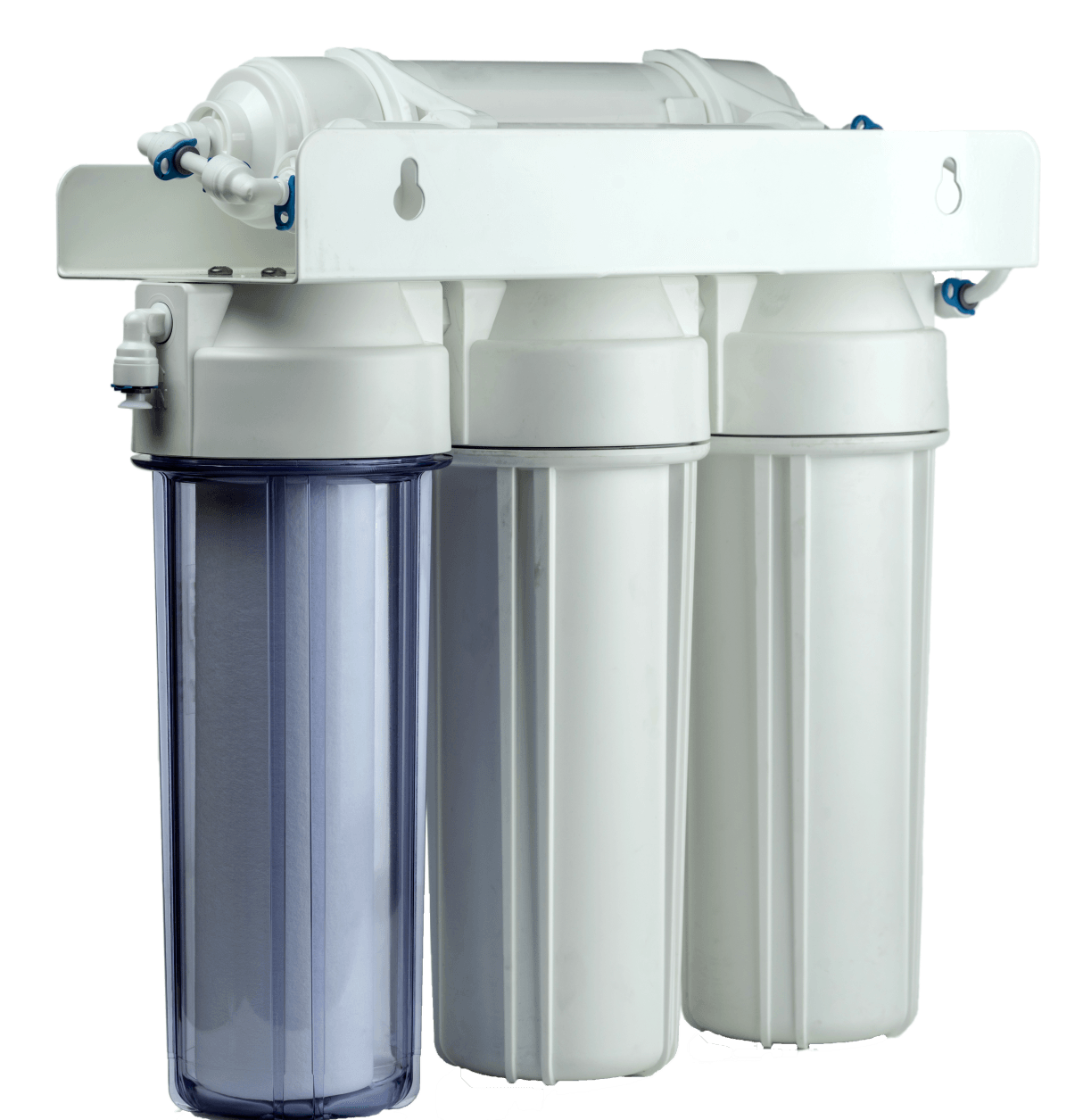
Get a Free Consultation Today!
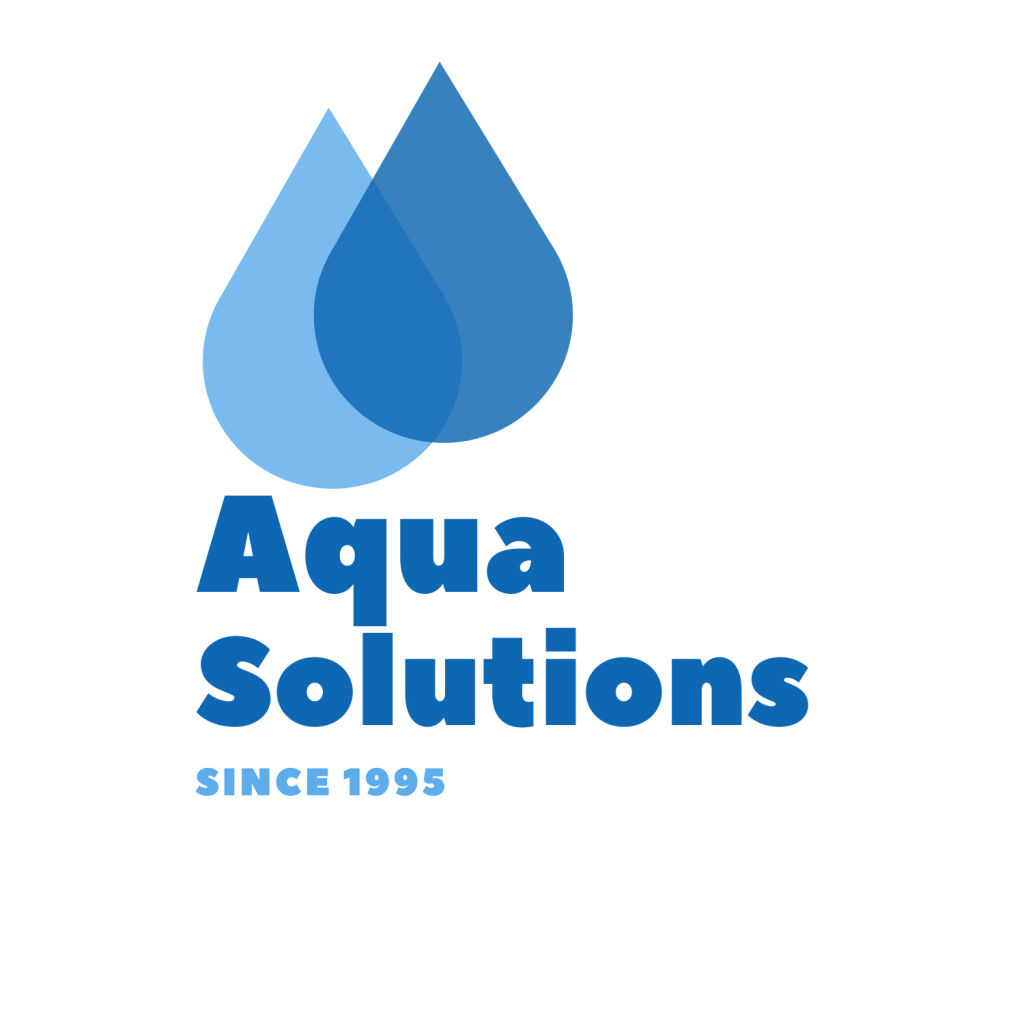
All Rights Reserved | Aqua Solutions
